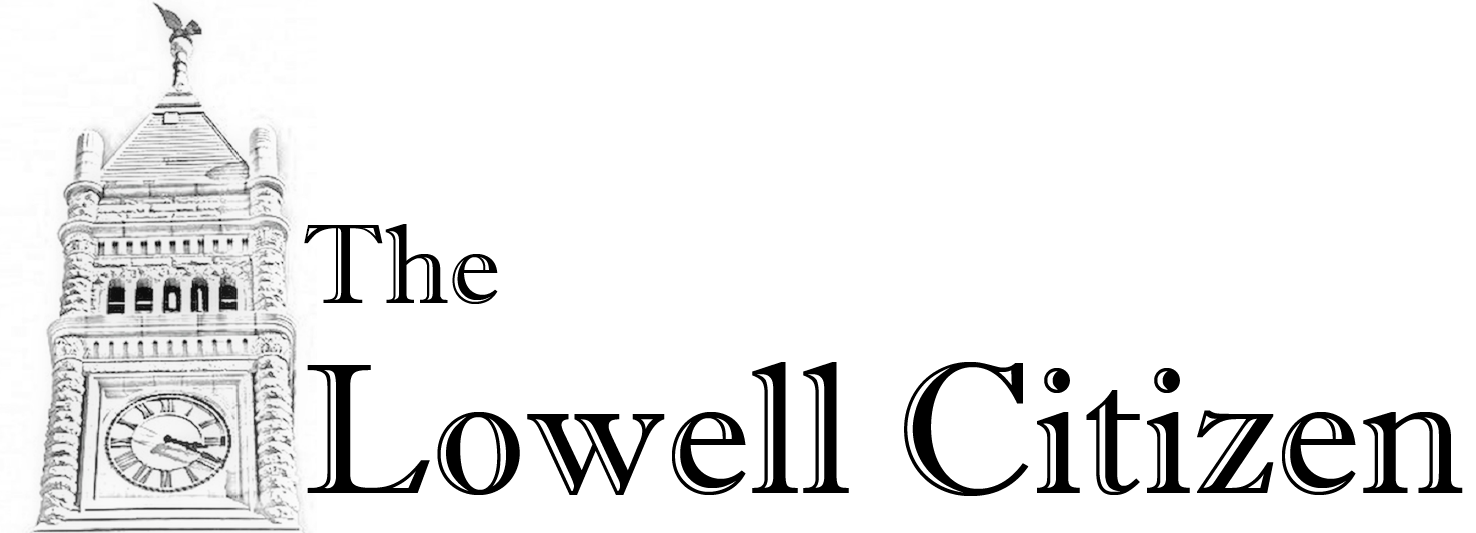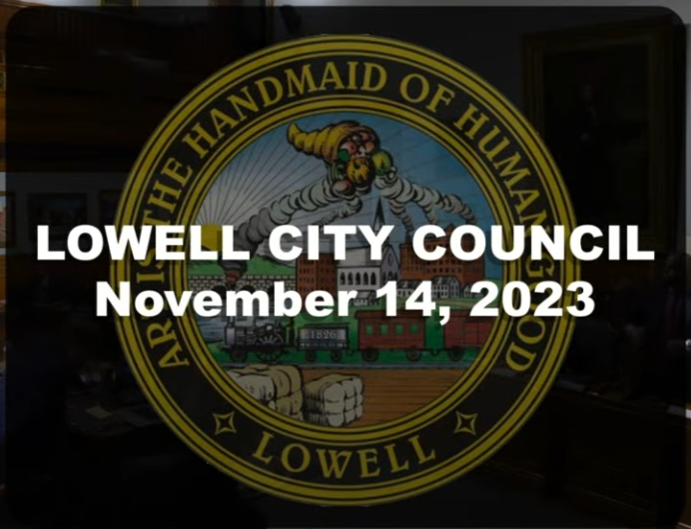
1. A New Meeting Format
Feels like forever since I wrote one of these. The Council gave itself Halloween off (to hand out candy) and Election Night off (to hold signs and drink Bud Lights). Prior to that, way back on October 17, the council voted to amend Council Rules in the hopes of updating and streamlining the meeting process. Notably, Motions by councilors are now heard at the beginning of the meetings, rather than the end. This spares councilors and viewers the confusing ordeal of “suspending the rules” to take items out of order so that registered speakers don’t have to sit for hours to speak on a Motion.
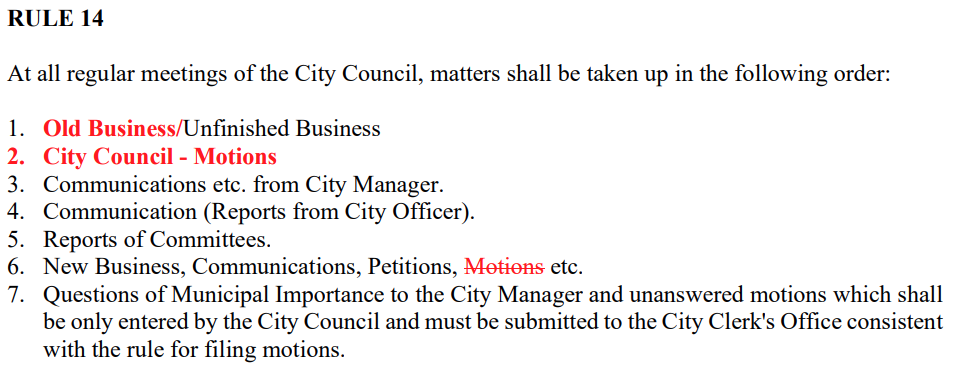
In my opinion, so far, so good. As Registered of Deeds Candidate Mayor Chau was absent, Vice Mayor Gitschier was able to start the motions at about 6:45 p.m. and multiple public speakers were able to have their say without taking items out of order. It was a tidy and orderly affair for a change.
Now if we can eliminate the obituary readings, we’ll be cooking with gas.
2. “Camping” Soon to Be Outlawed?
In a continuation of discussions earlier this year, the council took up two motions relative to the banning of “camping” by the unhoused on public property:
C. Robinson – Req. City Mgr. Work With The CO-OP Team, The LP And Other Relevant Stakeholders To Invite Unhoused Representatives To Be Part Of Discussion Regarding An Ordinance Relating To Unlawful Camping On Public Property
C. Robinson/C. Scott/C. Rourke – Req. City Mgr. Have The Proper Department Consider Expeditiously Adopting An Ordinance Relating To Unlawful Camping On Public Property; Similar To The City Of Boston.
As to the latter, the City of Boston recently voted 9-3 in favor of an ordinance that bans the unhoused from setting up tents and tarps on public property.
Back in April, Councilor Robinson started this discussion in Lowell with a motion seeking to:
Req. City Mgr. Have Appropriate Department Provide A Detailed Report On Feasibility Of Implementing A No Overnight Camping, Sleeping Or Loitering Ordinance In Our Business Districts, As Well As, In The Summer Street, Gallagher Terminal And South Common Area.
At the time, it was noted that such anti-camping measures usually fail in the judicial branch on the grounds that anti-camping ordinances violate the Eighth Amendment of the U.S. Constitution – if no alternatives to sleeping in public are available (this being viewed as cruel or unusual punishment). In essence, you can’t criminalizing homelessness.
However, the Boston ordinance provides a blueprint for a potential work-around that may survive judicial review- the ban only applies when the city can provide shelter:

If you’ve heard any of the debates that surrounds homelessness you’ve heard them all. Advocates take to the microphone and insist that the city is treating the homeless without compassion and/or dignity. The council and the administration pushes back and cites evidence to the contrary.
What’s interesting here is a potential new tool at the disposal of Councilors to force the hand of unhoused who have previously refuse offers of help from the city. The cycle repeats over and over because the city has had little to no recourse if such offers are refused. What’s also interesting is what, in practical terms, would happen if the unhoused still refuse to move into shelter. Will this ordinance merely clog our jails and court system? I have no idea, but, as always, if find dignity in the effort.
3. People Think the Mayor Selection Process is Dumb and Should Be Destroyed. But People are Dumb, So What Can You Do?
Every two years, citizens are treated to a vague and shadowy rock fight over who gets to be the Mayor of the City. There are no rules to this process, other than the first person to obtain a majority (and hold onto it) wins. In 2021 Voters had an opportunity to weigh in on this farce in the form of a non-binding ballot question asking whether the Mayor should be elected directly by the voters. The voters opted to end the nonsense and take on the duty by a vote of 7458 to 2412 (75.56% to 24.44%).
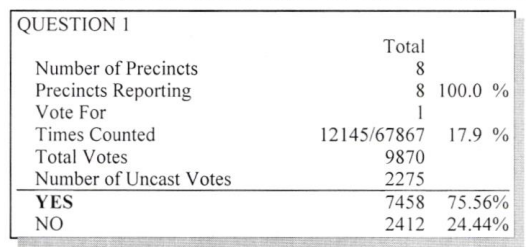
Seems like a clear directive to me. But alas, the council has done little to nothing with this message for the last two years. Seeking to start the conversation anew, Councilor Scott filed the following motion:
Req. City Mgr. Provide A Report Detailing Necessary Steps To Move Forward With The Election Of A Mayor By The Residents.
Councilors speaking in favor of a change noted that citizens have spoken and time for change is long overdue. Those opposed (or at least cautious) warned that a direct election of the Mayor could favor districts with larger electoral muscles. In addition, Councilors Leahy and Jenness noted that there may have been some confusion on the part of voters as to what, exactly, they were voting on (ie: whether they were voting in favor of a strong mayor system). As to the latter, I’m not sure what the factual basis is for these claims? Why are we assuming that people didn’t understand exactly what they were voting on? Were 7458 voters polled on what their understanding was?
In any event, I am hopeful that the next council will be willing to move this ball farther down the the filed than this one.
4. Not a Massive Election

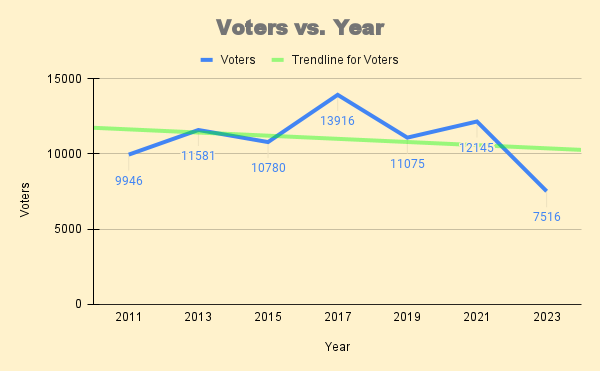
Kinda sad, no? 7516 votes. 9.98%. In two years 4629 voters lost interest. Last Wednesday morning, I couldn’t help but notice that other “similar” cities in the Commonwealth were doing far better than Lowell when it came to voter participation. For example, Worcester came in at about 22% participation (see also: Fitchburg, Somerville and Cambridge). It looks like Councilor Jenness was thinking the same thing:
C. Jenness – Req. City Mgr. Have Proper Department Analyze The City Of Worcester’s Election Policies And Procedures For Potential Improvements To Lowell’s To Encourage Greater Turnout And Civic Engagement.
So, who can we blame in Lowell?
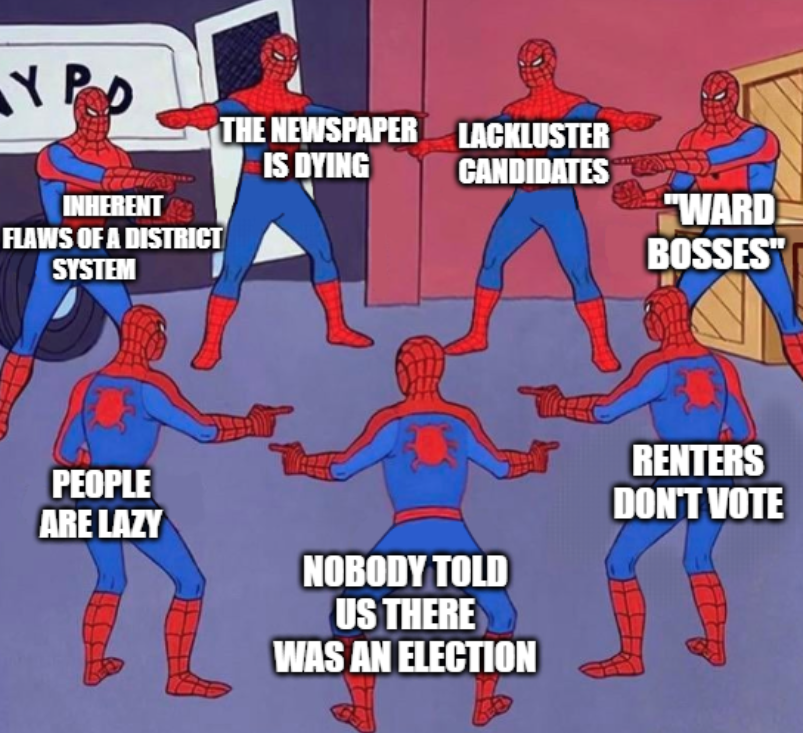
I have no idea. For every argument, there is a counter argument. As someone who loves the City and tries (I swear) to make this shit more engaging, I’m bummed. Perhaps Worcester has some secret sauce and we can steal the recipe?
Until then, see you on the 22nd.
